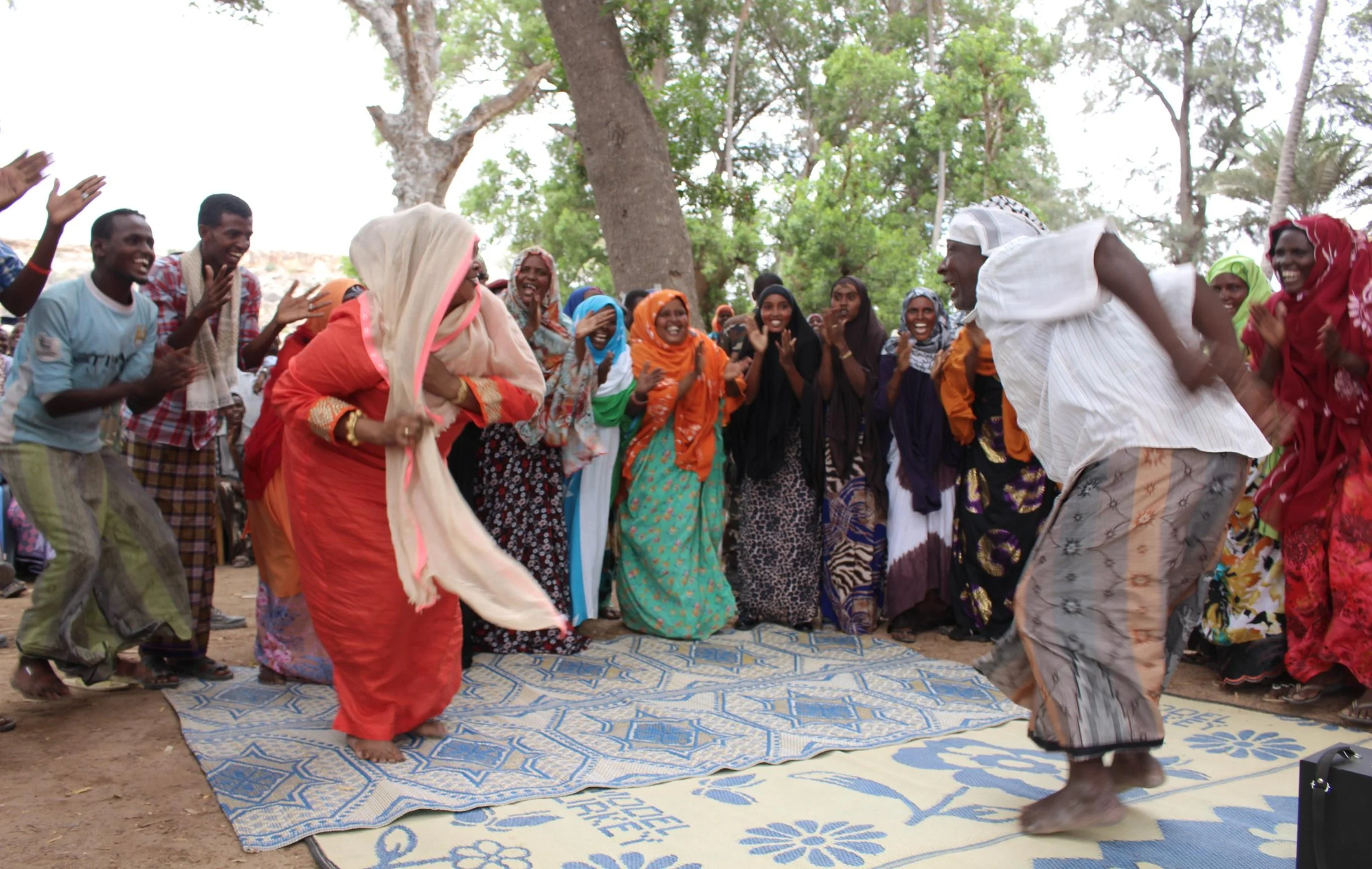Clan Culture in Somalia: History, Identity, and Modern Dynamics
“In Somalia, your last name might just come with a family tree longer than a giraffe’s neck — and just as complex.”
1. What Is a Clan, Really?
In Somali society, a clan is more than a last name — it’s your social compass, your family safety net, and in some cases, your social media engagement team (a.k.a. uncles with strong opinions).
You don’t “join” a clan. You're born into it, like being sorted into a lifelong Hogwarts house — but with fewer wands and more camels.
2. The Historical Roots: How Clans Took Shape
The Somali clan system dates back centuries, evolving from nomadic pastoralist traditions. Communities needed structure, security, and identity while navigating vast arid landscapes — and the solution? Kinship-based organization.
The major clan families include:
Darod
Hawiye
Dir
Isaaq
Rahanweyn (Digil & Mirifle)
Minority clans and marginalized groups
These lineages are passed patrilineally, with detailed oral histories tracing back dozens of generations — often with poetic flair, because Somalis do not play with storytelling.
3. Clan Identity: Pride, Protection, and a Touch of Drama
Your clan isn’t just where you're from — it's who you are, how you're perceived, and in many ways, how you're protected.
Clans offer:
Social belonging
Mediation in disputes
Marriage networks
Economic safety nets
But let’s be honest — like all big families, clans can also bring gossip, rivalry, and way too much unsolicited advice.
Still, for many Somalis, clan ties are a source of pride — a direct link to history, strength, and collective memory.
4. The Clan System in Action: From Camels to Conflict
Historically, clans helped manage grazing rights, water access, and conflict resolution through traditional elders (odayaal) and customary law (xeer).
But in modern times, clan identity has also been weaponized in political power struggles and civil conflicts — especially during the breakdown of central governance in the late 20th century.
Still, the clan system remains deeply rooted, functioning as a dual system with formal institutions — for better or worse.
5. Clan and Nation: The Balancing Act
Here’s the paradox: while clan provides identity, it can also fragment national unity.
Modern Somali politics sometimes relies heavily on the 4.5 power-sharing formula — a system that divides government roles among the four major clans, with the ".5" reserved for minority groups. Critics say it reinforces division, while supporters say it ensures representation.
It’s a constant dance: preserving tradition without letting it divide the future.
6. Clan in the Diaspora: Do You Still Belong?
Somalis in the diaspora often face cultural whiplash: raised in London, Toronto, or Minneapolis — but still asked, “So, what’s your reer?”
Many young Somalis grow up with fragmented knowledge of clan — some embrace it, others reject it, some get confused when they learn their clan name sounds like a WiFi password.
Yet the yearning for belonging, ancestry, and connection persists. Clan can be both a home and a hurdle in the identity journey.
7. Breaking Stereotypes: Clan Culture Isn’t Always What You Think
Clan culture is often painted in black-and-white — as either tribalistic or romanticized. But the truth is nuanced:
It’s not always about conflict — it's often about community.
It’s not inherently backward — it holds deep wisdom and resilience.
It’s not disappearing — but it is evolving.
More Somalis are finding ways to honor their clan identity while embracing a more inclusive Somalihood that transcends labels.
8. FAQ on Somali Clans
Q1: Do all Somalis know their clan?
Most do — even if they don’t talk about it often. Clan info is passed on like family recipes: quietly, but persistently.
Q2: Are all clans equal?
In principle, yes. In practice, societal hierarchies and marginalization still exist, particularly toward minority groups.
Q3: Can people from different clans marry?
Yes — but it depends on families, regions, and the individuals involved. Some unions get poetic. Others get political.
Q4: Is clan identity stronger in Somalia than in the diaspora?
Not necessarily. Diaspora Somalis often hold tight to clan ties as a way to anchor identity — though with varied levels of intensity.
Q5: Will clan culture ever disappear?
Not likely — but it will continue to adapt with new generations, global influence, and national healing.
Final Words
Clan culture is a double-edged dagger wrapped in fabric and folklore — beautiful, complicated, and unmistakably Somali.
Whether it’s whispered over tea or shouted in political halls, it shapes identity, anchors tradition, and challenges a generation to redefine unity without erasing roots.
To understand Somali culture, you must understand the clan — and its power to divide, to heal, and above all, to belong.




